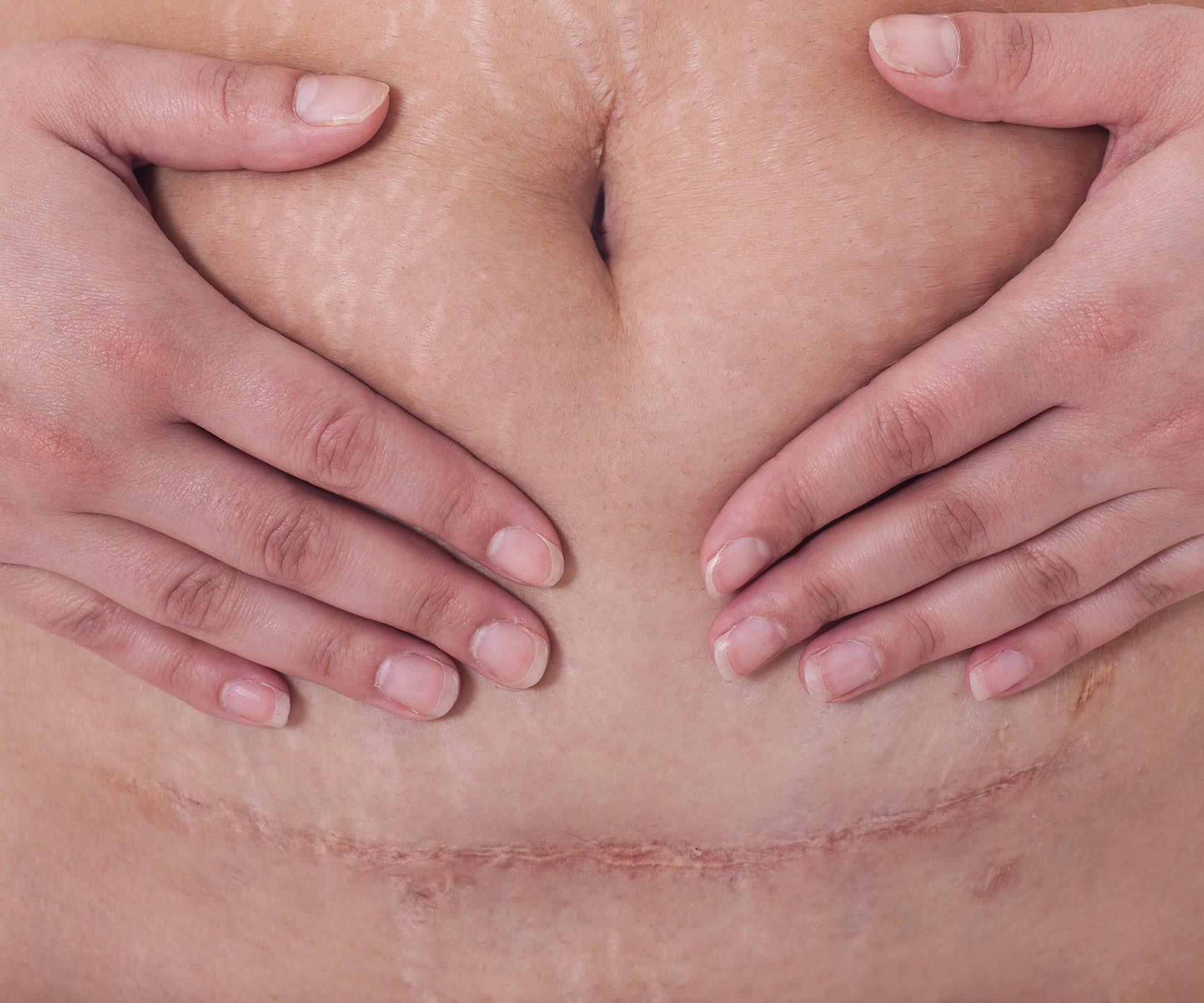New research suggests that the increasing number of caesarean sections are causing evolutionary changes with regard to babies’ heads and the size of a woman’s pelvis.
According to a study by medical experts from Austria and the US, published in Proceedings of the National Academy of Sciences earlier this week, they found that the number of cases where a baby is unable to fit down the mother’s birth canal has increased 20 percent worldwide from 30 in 1,000 to 36 in 1,000 since the C-section procedure became commonplace in the ’50s.
As per Medical Xpress:
Scientists have known for quite some time that humans have more trouble giving birth than most other animals—this is because of the passage of proportionally larger babies’ heads through a relatively small birth canal. When a baby has a head that is too big to pass through (known as fetopelvic disproportion), surgeons manually remove the baby through an incision in the mother’s lower abdomen—a procedure known as a Cesarean or C-section (believed to be named after Julius Caesar, who was thought to have been cut from his dying mother’s womb.)
So what’s the evolutionary impact of opting for a C-section every time a baby can’t be delivered vaginally?
Basically, in the past a woman with a narrow pelvis giving birth to a baby with a big head would have been a struggle that would have often resulted in death. Now, because of the C-section option both genes for a narrow pelvis and a big head are being passed on instead of dying out.
“Women with a very narrow pelvis would not have survived birth 100 years ago. They do now and pass on their genes encoding for a narrow pelvis to their daughters,” Dr Philipp Mitteroecker from the university told the BBC.
Researchers also note that the trend of having a bigger baby, with a bigger head, might be due to the modern diet and lifestyle, which is more inactive and calorie rich than that of past generations.




